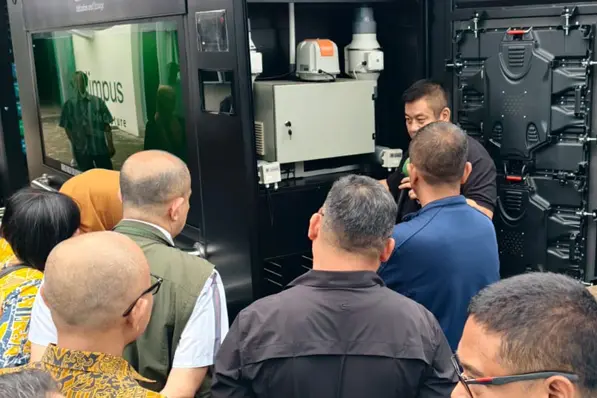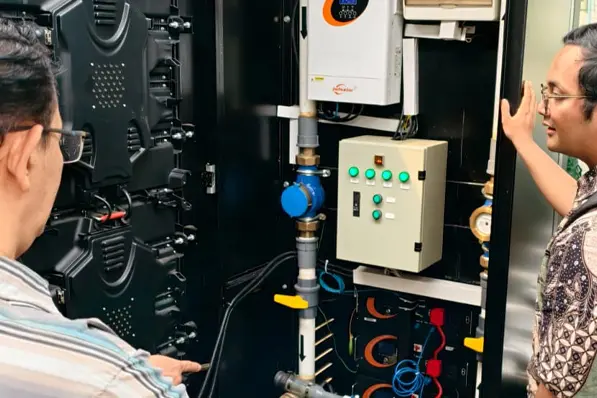About the Jagabvana Program
Jagabvana is an urban decarbonization initiative utilizing Olimpus FCCUS technology to absorb CO₂ from the atmosphere, produce oxygen, and generate economically valuable biomass. The program is designed to:
- Significantly reduce greenhouse gas (GHG) emissions in urban areas.
- Improve air quality and public health.
- Deliver economic benefits through carbon monetization and the utilization of microalgae by-products.
- upport Indonesia’s Net Zero Emission target and the Sustainable Development Goals (SDGs).
Alca Singadipoera, Co-Founder of IdeaHUB, emphasized: “Jagabvana proves that local research and innovation can be applied in real-world scenarios to address the challenges of climate change. We are proud to collaborate with the Bandung City Government, BRIN, KADIN, and industry partners to create a healthier, cleaner, and more sustainable city.”
For Bandung, the implementation of Jagabvana means improved quality of life for its citizens, strengthening the city’s reputation as a pioneer of green innovation, and making a direct contribution to national strategic goals.

